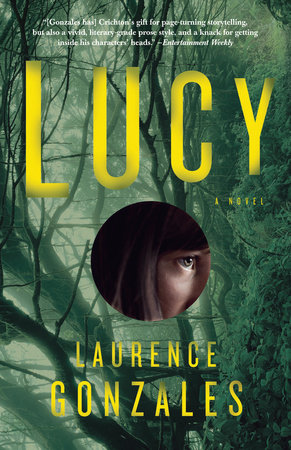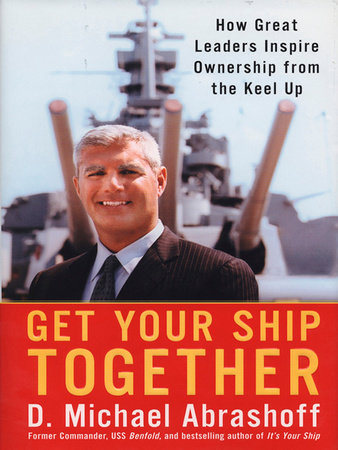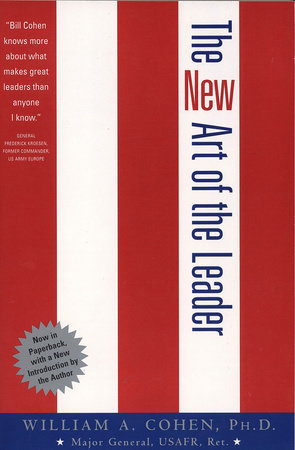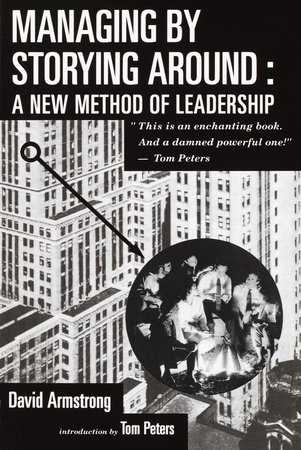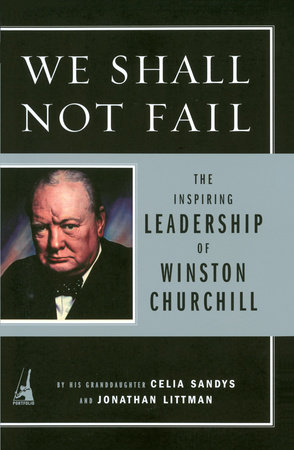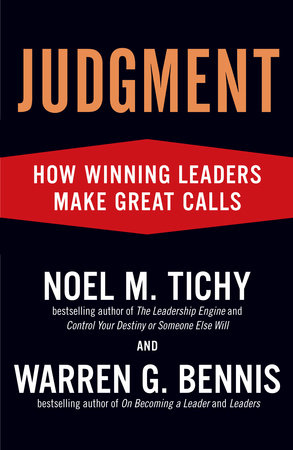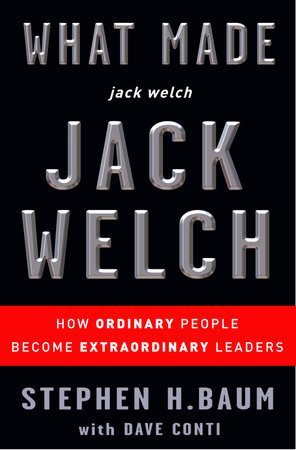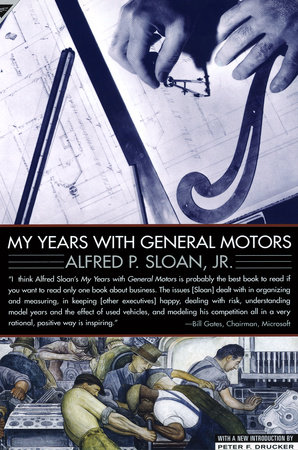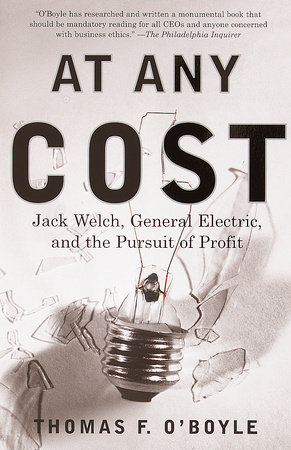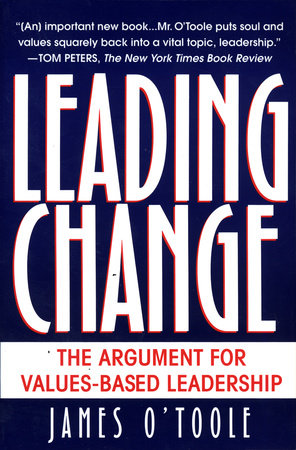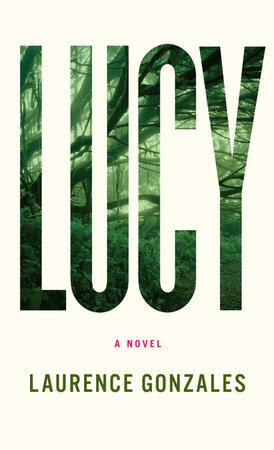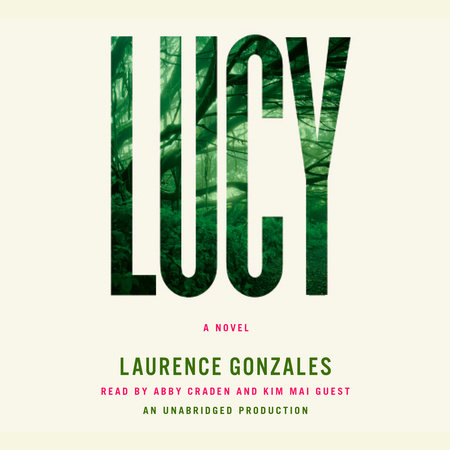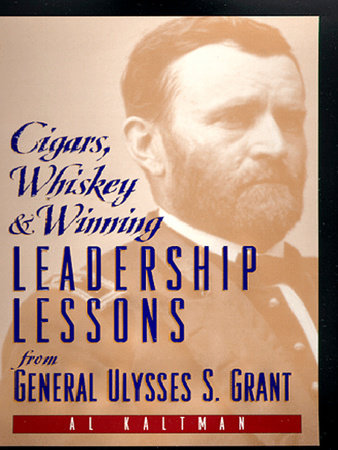Author Q&A
Q: It has been over 25 years since you wrote your last novel. What made you decide to come back to fiction after decades as a successful non-fiction writer and journalist?
A: During all those years I continued to write fiction, but I was never satisfied with the results. I kept writing novels as a form of practice. I felt that if I just kept at it, I’d eventually succeed. Then Lucy got a hold on me and wouldn’t turn me loose. She was one of those fictional people who simply torments you until you set her free. Even then I had to wrestle with the book for a very long time.
Q: The premise of Lucy is a daring one. How did you come up with the idea of a girl who is part ape?
A: I was studying petroglyphs in the high desert country of New Mexico around 1994. There is something deliciously spooky and mysterious about that country. As I was walking out there all alone, looking at those eerie pictures that someone had made maybe 1,000 years ago, I had this vision of a girl coming out of the rocks from an ancient time—this beautiful creature emerging into sunlight. It struck me that she was half human and half something else, something very ancient. I was transfixed by her. Something about her appearance made me think that she was a cross between a human and an ape. And I thought: This is really possible now. A world of possibilities opened up.
Once I had fixed on the idea, I couldn’t put it out of my mind. I was working in Hollywood at the time, writing screenplays, so my first attempt to write Lucy was actually a screenplay. But it wasn’t right. It took me the next 14 years to work it out. A few years ago I was talking with Cormac McCarthy and he asked me what I was writing next. I told him that I was writing a novel and he asked why I would want to do that, since there hadn’t been a really good novel written in decades. I nearly quit working on Lucy at that point because it was so discouraging. But in the summer of 2007, my younger daughter, Amelia, was home from college and I told her the premise of the novel. When she heard it, she insisted that I press on. She peppered me with ideas and notes of encouragement until I had completed a first draft. Then I showed it to my wife, Debbie, and my older daughter, Elena, and they both exploded with excitement about Lucy. So I was moved to really go all the way with it.
Q: The character of Lucy is above all a real girl who we get to know very well. Was her voice and personality difficult for you to write?
A: I have always been more comfortable writing from the point of view of a woman. And I raised two daughters, so grasping a teenage girl’s character and behavior seemed pretty natural to me. I also had a lot of help from my daughters and their friends. I knew from the start that in order for the novel to work, it had to be primarily a novel about people, not about ideas. In other words, Lucy had to steal the reader’s heart. Once she stole my heart, I knew I could do it.
Q: You are an expert on survival and your non-fiction work Deep Survival has gone on to become a best-seller and be published in six languages. How did your work on survival influence Lucy?
A: I think one of the reasons it took me so long to write Lucy was that I didn’t know enough when I began. But I spent years reading in psychology, behavioral science, neuroscience, the evolution of humans, and other areas that bear on what it means to be human. That research gave me the background I needed to understand who Lucy is, how she might behave, and so on. I also think that I matured as a writer and became more skilled at controlling the material.
Q: Why did you decide to focus on bonobos as opposed to another type of ape?
A: Bonobos are no more plausible than chimpanzees as potential candidates for breeding with humans. In fact, my original idea was for a cross between a chimpanzee and a human. But then around 2005, I was doing research for my book Everyday Survival and was looking into the origins of humans. I heard that the largest colony of bonobos in the world was just an hour from my home in Milwaukee. So I went there to meet them. I fell in love with them. They’re sexy and clever, and they have complex language and a matriarchal social structure in which the guys do what the women tell them to do. As they got to know me better, they would come to the wire at the back of the enclosure and put their fingers through the fence, imploring me to touch them. Their hands are beautiful and so very human. There seemed no way to write Lucy without them.
Like Lucy herself, these bonobos are caught between two worlds. They can’t go back to Congo, even if we allowed it. They’re not fit for living in the wild and even if they survived, they’d be killed by bush meat hunters there or by the civil war. And yet it is so sad that they are kept in a cage. I am working to make it possible for people who read Lucy to donate money to improve their living quarters.
Q: A particularly interesting concept in the novel is what Lucy calls “The Stream”—the way that animals in the jungle communicate with each other through non-verbal signs. Is this a real phenomenon? Do you think it’s an ability that humans have lost?
A: I did a lot of research on what’s known as non-verbal communication. It’s real. Animals communicate through a wide variety of signals from body language and facial expression to pheromones and smell. Humans are no exception. They just tend to ignore those channels, both because we have spoken words and because we don’t need to pay attention in modern society. We have not lost The Stream. It’s always there. If we learn to pay attention, it will come back to us when we need it.
Q: In Lucy you tackle many serious moral and ethical issues, but at the center of it all is the question of what it means to be human. Did writing Lucy’s story help you see this question in a different light?
A: Just as science has no fixed definition of what it means to be male or female, it also has no clear way to define what it means to be human, unless we apply a strict genetic definition. And even then it gets murky. Using genetics, you could argue that someone with any genetic mutation is not human, and I don’t think we’re ready to do that. Many scientists argue, for example, that chimpanzees and bonobos should be classified as another variety of our species, Homo sapiens, or that humans should be considered another form of chimpanzee.
My face-to-face contact with bonobos, along with my research into our ancestors—the apes and early humans—made me see that we are essentially apes with all of our ape-like behaviors still intact. The first time I went to meet the bonobos in the Milwaukee Zoo, I walked up to the very thick glass behind which they lived. I looked in on a dozen or so of those individuals who were engaged in various activities—grooming and talking and climbing around. As I stood there, one of them came flying at me from somewhere high above on the end of a long rope and kicked me in the face with all his weight and momentum. If it had not been for the glass, he’d have snapped my neck and killed me. That was such a wonderfully human thing to do—to kill the stranger, as so many of us are still doing. A moment later, he was tenderly kissing another bonobo. Writing Lucy definitely shaped the way I view humans. We are still so close to our roots.
Q: Has anyone ever really attempted to create a hybrid human?
A: The history of attempts to breed humans with apes is spotty, but it has definitely been attempted. The earliest effort that I know of was undertaken by a Russian biologist named Il’ya Ivanovich Ivanov. In 1926 he was sent to Africa by the Russian Academy of Sciences to inseminate female chimpanzees with human sperm. The effort was supported by the Institut Pasteur in Paris. Ivanov did inseminate several chimpanzees, though without success. I don’t know of any published account of breeding a human with an ape successfully, but it would not surprise me if it had been done in some remote place beyond the normal controls. I don’t think it’s likely that someone would publish a paper about such an experiment if it had been successful.
Q: Do you think that science is moving too fast or too blindly in areas of biotechnology and genetics? A line from Jurassic Park comes to mind: “your scientists were so preoccupied with whether or not they could, they didn’t stop to think if they should.”
A: No, I think that it’s good to move forward in those areas. In any event, there’s no stopping us. Human history shows that if we know something is possible, we’ll do it. And if most people think it’s impossible, then someone will surprise us all and do it anyway. The question isn’t whether or not we’ll have fantastic abilities in genetics and biotechnology. We already have some of them. The question is how we’ll use those abilities. If creating a human-ape hybrid is not possible today, it will be possible tomorrow. And we always do whatever is possible just as quickly as we can arrange it. All good sense told us not to build an atom bomb. But we did it because we could. So I think now is as good a time as any to think about these issues.
Q: Some of the most heart-wrenching scenes in the novel come from the reactions of certain groups to Lucy once the public learns about her story. Were you drawing parallels to any particular instances of intolerance that we face in society today?
A: The story I told about the bonobo who wanted to kill me illustrates the roots of our intolerance of those who are not like us. It is in our nature to protect our own group and reject other groups. The bulk of the novel was written during the administration of George W. Bush, during which violent intolerance was elevated to the level of a national ideal. Add to that the staggering ignorance, religious fanaticism, and power-mad dishonesty of that group of people, and you get a pretty good idea of what I was aiming for in the novel. I actually went into prisons and met some of the white power fanatics there. You don’t have to look very far to find the kind of people I write about in Lucy.
Q: Do you expect any backlash from groups (similar to those in your book) who consider the theory that humans evolved from apes to be untrue and would find an experiment like the one in Lucy to be an abomination?
A: Yes, I expect there to be controversy about Lucy. The book puts evolution front and center as a fact about which there is no debate. In addition, there is a powerful conflict between who Lucy is and how she got here. Lucy’s engaging personality makes you like her. But there is a disturbing dissonance when you realize what was done to bring her to life. That tension has to be upsetting. You don’t have to be a zealot to think that breeding a human with an ape is beyond the pale. But what do you then do with this marvelous person called Lucy? I think there will be some pretty heated rhetoric. And that’s good, because we should debate this before it becomes a reality.
Q: Is there an underlying message that you hope readers will take away from reading Lucy?
A: Lucy does indeed raise many ethical, moral, and philosophical issues that are useful to think about and debate. One important issue we haven’t touched on yet is the way people think about other animals. Recent scientific study shows us that many animals are extremely intelligent and even self-aware. Some birds, for example, have consciousness that is not unlike our own. Whales and dolphins are very likely just as smart as we are. I hope that people come away from reading Lucy with a greater respect for animals of all sorts and perhaps a greater reluctance to destroy them simply because they don’t understand them. I also think it’s important to point out that I wrote most of this novel between the ages of 59 and 61. Part of what kept me going was that I had had the privilege of knowing Norman Maclean, the author of A River Runs Through It, who didn’t start writing until he was in his seventies. I hope that this book serves as an inspiration to others. It’s never too late, so never give up.
But at its heart, Lucy is a coming-of-age novel about a wonderful young girl discovering herself and the world in which she finds herself. Lucy says it herself: All teenagers have feelings like hers. The message is: Lucy is a novel. It’s a story, and as such, it’s meant to make people turn the pages and laugh and cry. If they happen to have deep thoughts along the way, that’s good, too. But if all Lucy does is to make you stay up late reading, then that’s enough for me.
